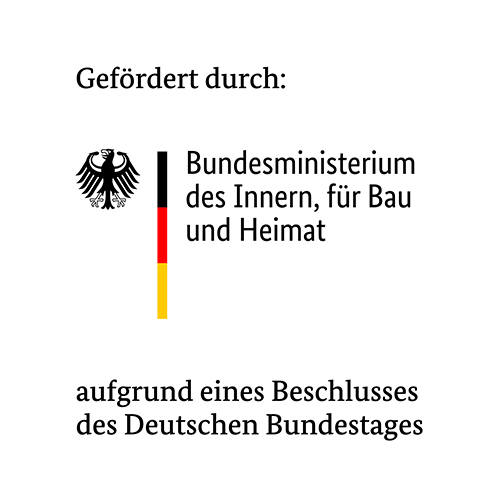Time-out: Shabbat & Sunday
A Christian voice
Short version
Each Sunday Christians remember and celebrate the resurrection of Jesus. According to the Gospels (Mk, 16:1-8), women came to the tomb after the end of Shabbat after the death and burial of Jesus. There they were told by a man in a long robe: „You are looking for Jesus of Nazareth, the crucified one. He is risen. He is not here.“ (Mk 16:6).
In 321 Constantine I, Rome’s first Christian Emperor decreed that Sunday would be observed as the Roman day of rest. In 363, the Council of Laodicea prohibited observance of the Shabbat, and encouraged Christians to work on the Saturday and rest on Sunday.
In Roman Catholic tradition, Sunday begins on Saturday evening. This is an echo of the Jewish practice of starting the new day at sunset. Those who work in the medical field or in law enforcement are dispensed from the obligation to attend Church on Sunday.
The name „Sunday“ has its origin in the Roman planetary week, in which the day of the sun was celebrated. In some countries, Sunday is also called domenico or domenica, which originally comes from Latin and translates as „Lord’s Day.“ The Russian word for Sunday is „voskresenie,“ meaning „Resurrection day.“ The Greek word for Sunday is „kyriakē“ (the „Lord’s Day“). The Czech, Polish, Slovenian, Croatian, Serbian, Ukrainian and Belarusian words for Sunday („neděle,“ „niedziela,“ „nedelja“, „nedjelja,“ „недеља“, „неділя“ and „нядзеля“ respectively) can be translated as „without acts (no work).“ The names reveal the different perspectives of this day on which Christians rest, pray and praise God.
Long version
Text is coming
#Jewish & Christian – Closer than you think?!





